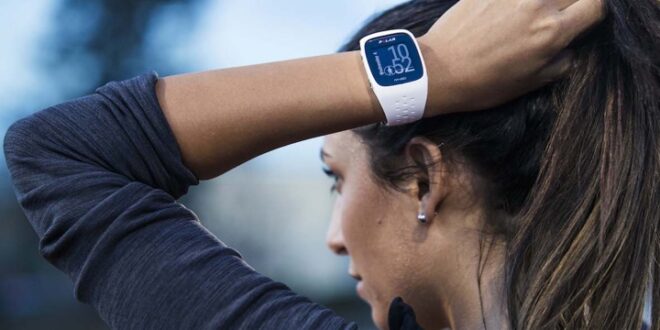The fast pace of life and the stress we are exposed to every day – have a great impact on our health. Here, we primarily mean the work of the heart. Fortunately, we are living in 2024 when there are many apps available that can give us information about our heart rate. But how accurate are they?
Watch Your Heart Rate
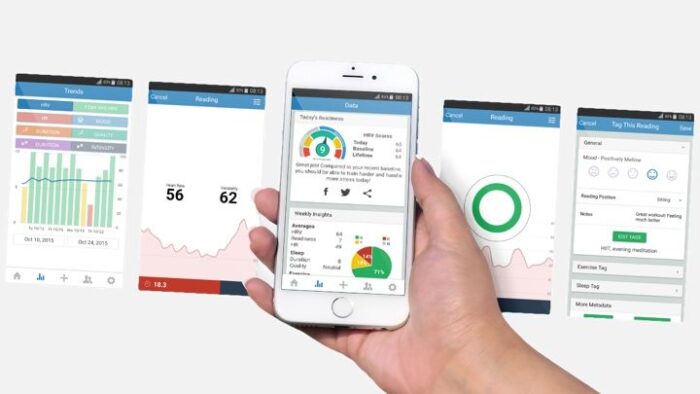
More than 50 percent of patients with high blood pressure worldwide – belong to the younger and middle-aged population. More than half of patients with hypertension also have an accelerated heart rate, as a consequence of so-called sympathetic hyperactivity. This means that when the organism is faced with a stressful situation, there is increased activation of the sympathetic nervous system – which causes the secretion of increased amounts of adrenaline, an increase in blood pressure, and an accelerated heart rate. In the past, it was known exactly which professions were more endangered by stress, but today everyone is under stress: people who do not have a job, those who have lost their jobs, and those who work a lot. That is why completely different types of people end up in a cardiologist’s office due to heart problems.
Why Is Control Of Your Heart Rate Important?
First of all, a fast heart rate can be an indicator of some very serious health conditions. Although we are all aware of this fact – most of us do not care about heart rate control at all. Experts believe that heart rate control is neglected, although it is an important risk factor for cardiovascular disease. It’s not a warning sign if your heart rate is one hundred beats per minute – and you’re just climbing stairs or exercising. However, if your heart rate is higher than that while you’re resting – then it can be a serious indicator that something is not right. An increased heart rate is a sign that the level of adrenaline in the body is also increased – which is not good for the heart. When it comes to blood pressure, it should not exceed 140/90 in younger people, 160 in the elderly – and it should be lower in people suffering from diabetes.
Heart Rate Apps And Their Accuracy
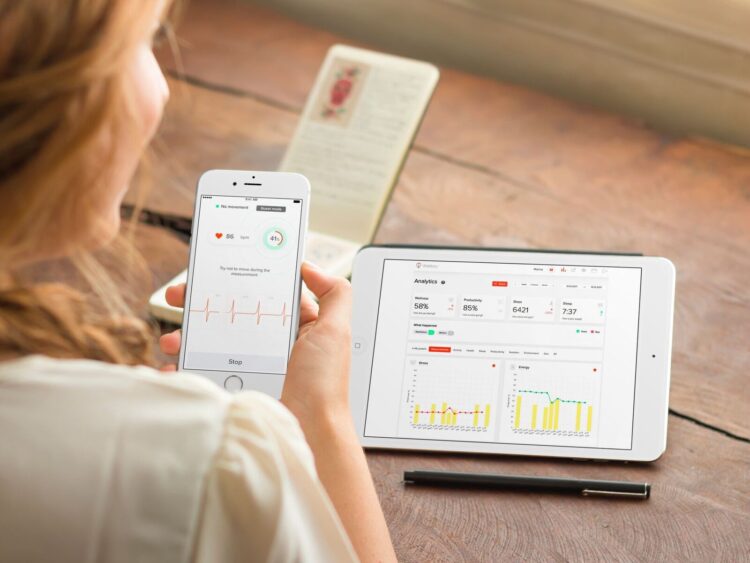
Nowadays, daily stress and changes in health status are the most common cause of changes in the work of the heart. However, there is still a way to keep all this under control – and even prevent the occurrence of certain diseases. Our luck in such misfortune is the fact that we live in 2024 – so we have access to modern technology that can make our lives much easier. This includes various modern gadgets with which we can monitor our health parameters – including heart rate. However, some skeptics wonder if such applications truly work and how accurate they are. The answer is YES and they are very precise!
Do Heart Rate Applications Truly Provide Relevant Results?
Today, the market is flooded with various gadgets and applications that can measure physical activity. Of course, some are good and some are bad. Today we have Android and iPhone phones as well as smartwatches that can help us with that, but also more precise smart bracelets and other gadgets. They all feature pieces of hardware that offer many life and health features such as step tracking, calorie counters, activity&rest reminders – and of course, heart rate monitoring. Of course, the precision depends on the application itself. Some applications are contactless, so their accuracy is questionable for a reason. On the other hand, we have those whose precision should not be doubted.
We need to know that the level of precision is not the same for every device, so you need to make a good choice if you want to get relevant results. You can click here, find out more about it – and make a heart rate monitor comparison when it comes to different types of applications and devices. Then you will know how to make the best choice for you. However, some research has shown that applications based on so-called photoplethysmography have greater accuracy when it comes to measuring heart rate.
What Are PPG Sensors And How Do They Work?
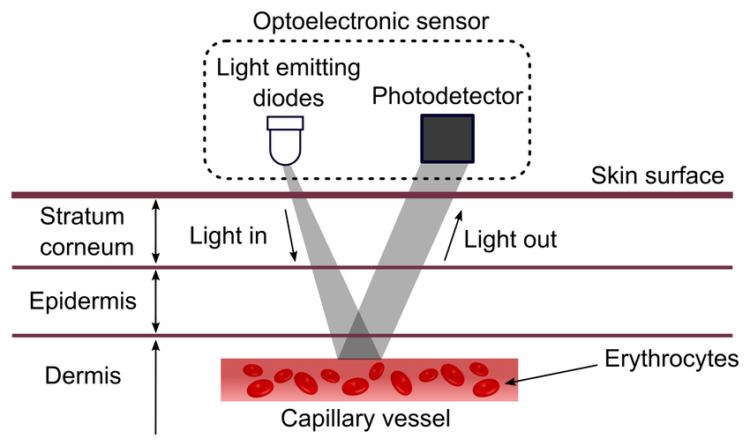
Most smart gadgets measure stress levels based on continuous heart rate measurements. Lately, many of them offer the possibility of measuring heart rate variability – which, unlike measuring heart rate, gives a better insight into the various stresses of the user. Heart rate variability provides information about the change in the time interval between two consecutive heartbeats. Unlike heart rate measurements, heart rate variability provides information about small fluctuations in heart rate – and this can sometimes be of great importance. Most smartwatches and bracelets use a photoplethysmographic sensor (PPG) to measure heart rate and heart rate variability. PPG sensor is a non-invasive optical method that detects microvascular changes in blood volume in human tissue. It is the practicality of PPG sensors that has led most smartwatches and bracelets to use this technology to measure heart rate, as well as to determine blood oxygen saturation.
Measuring Stress Will Also Be A Good Indicator Of Your Health Condition
In addition to heart rate and heart rate variability, most smartwatches determine the level of stress. They do it by using a combination of several parameters extracted from one or more physiological signals. In addition to the cardiac cycle – features derived from the so-called electrodermal activity are most commonly used. The reason for this is the association of skin conductivity with different levels of arousal – caused by a wide range of emotional and psychological states. Stress levels can also be evaluated by monitoring sleep patterns, where a sudden change in sleep pattern, mostly a decrease in deep sleep, can be a sign of stress. So, reducing deep sleep over time can be used to conclude that a person is under stress – but this approach is not 100% accurate – as there could be other reasons to reduce the duration of deep sleep besides stress.
Smart Gadget Still Can’t Do Without Us
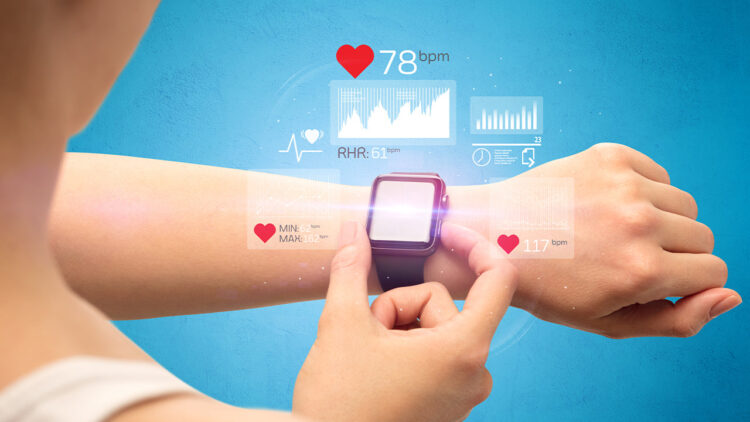
Smartwatches can recognize a change in our body to some extent. However, this doesn’t necessarily mean that every change they record as stress – truly is stress. Experts believe that every user should use a subjective feeling and monitor how certain stressful situations affect him. Then, you should enter the same information on your smartwatch, as a subjective input. Of course, it is very important to follow the context of a situation that is recorded as stressful – if you want your smart gadget to be effective at all.
 Hi Boox Popular Magazine 2024
Hi Boox Popular Magazine 2024
